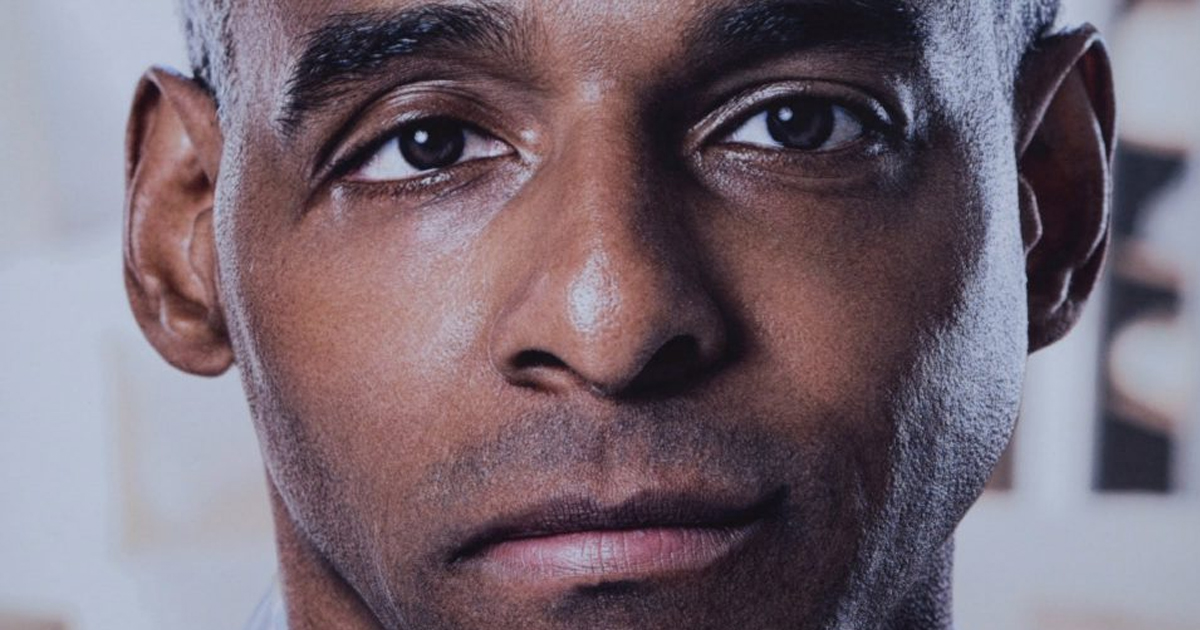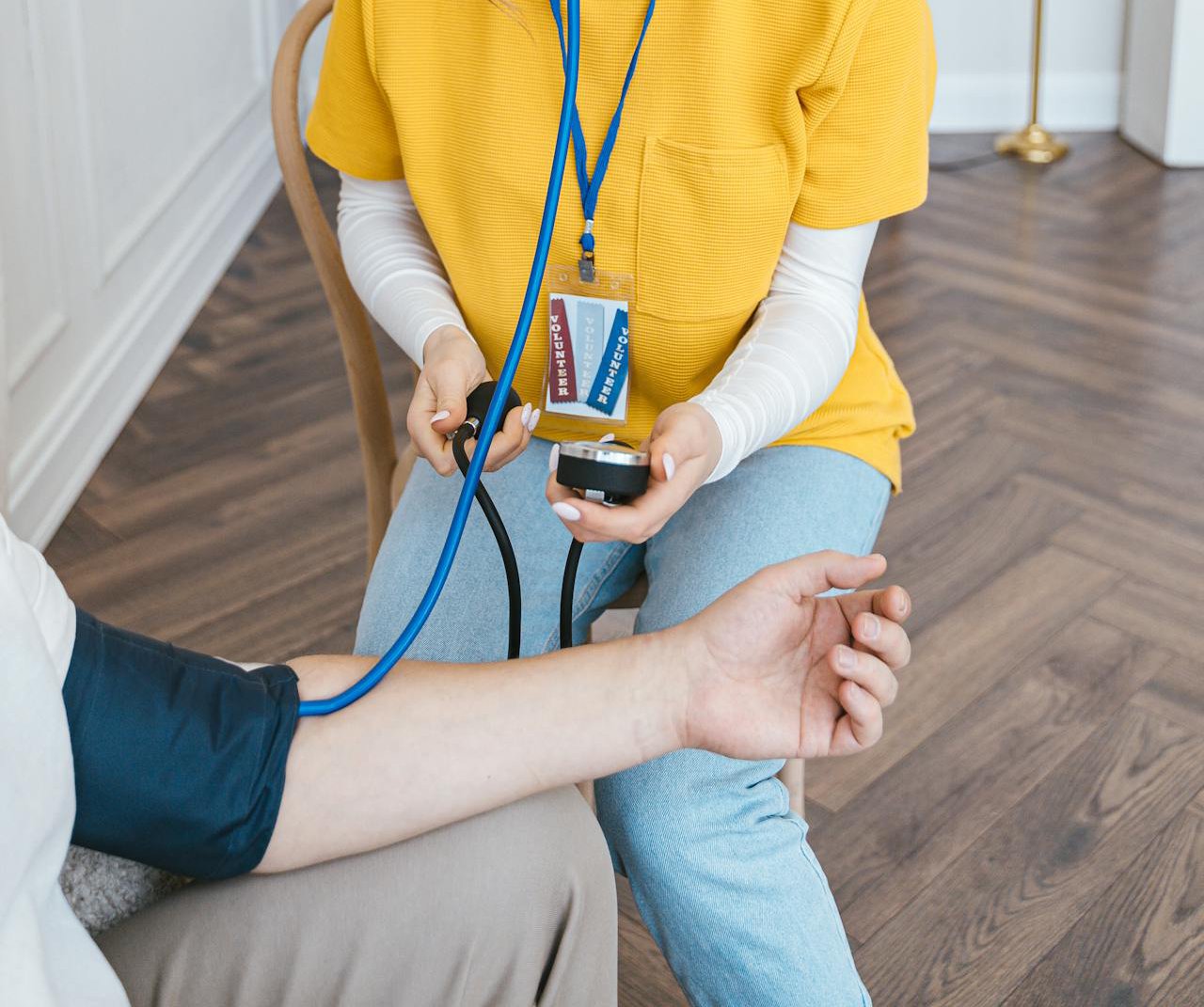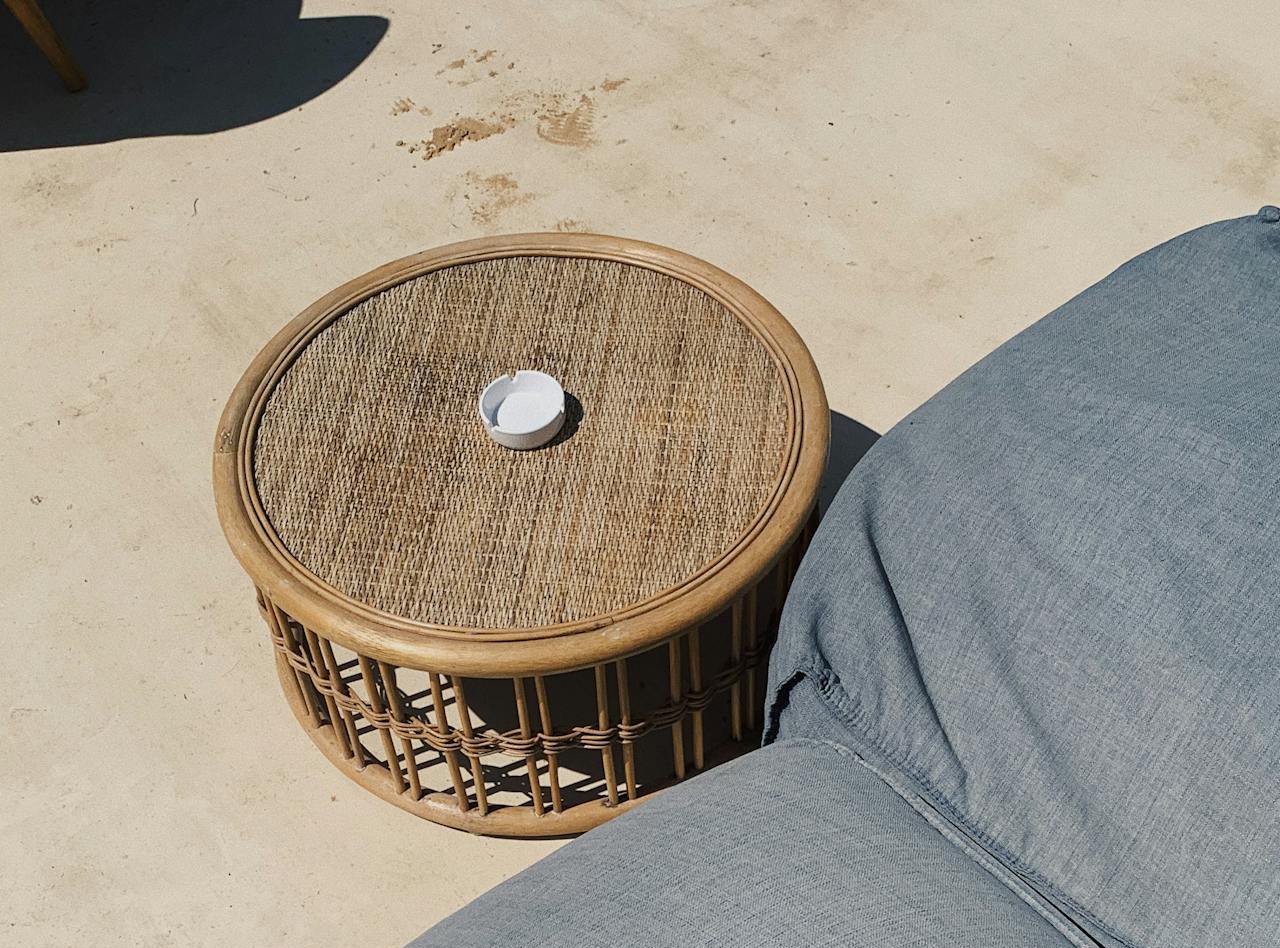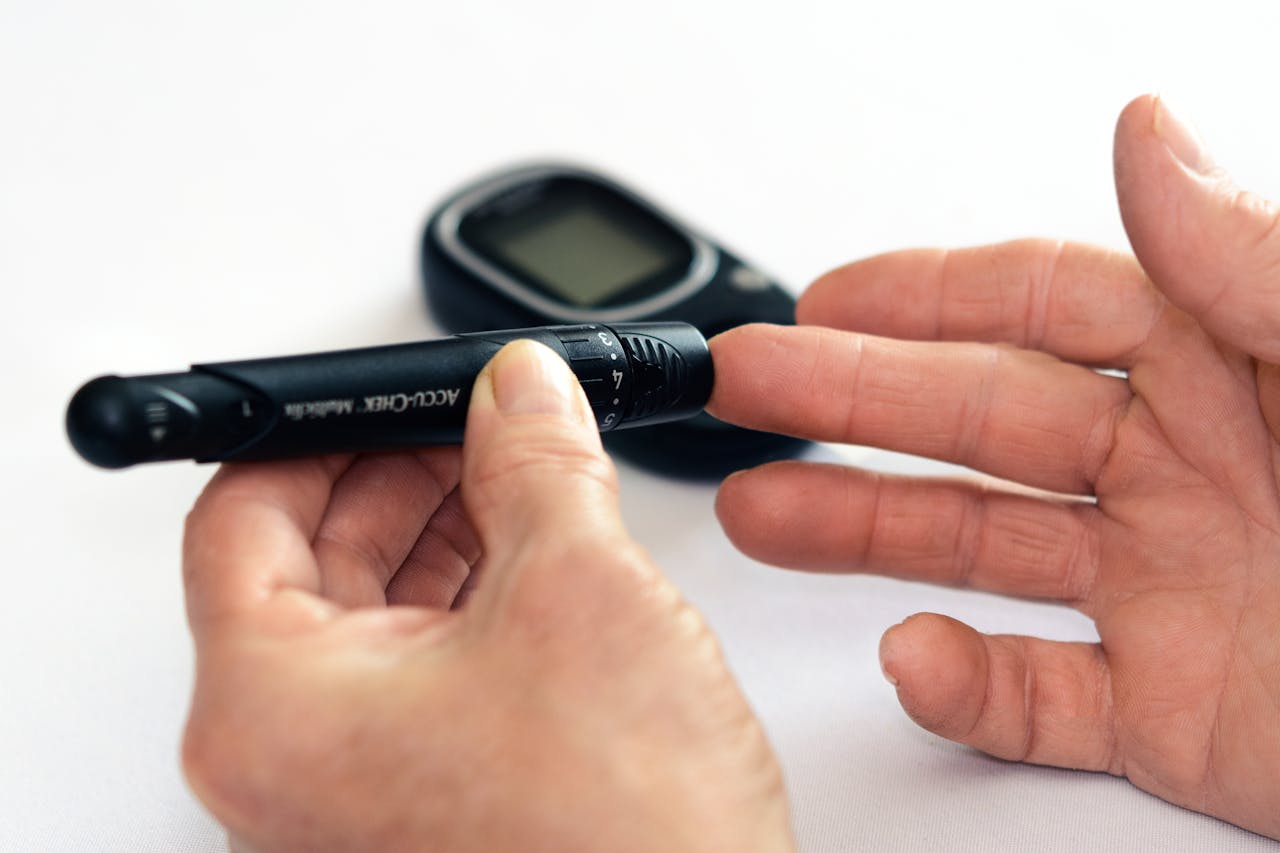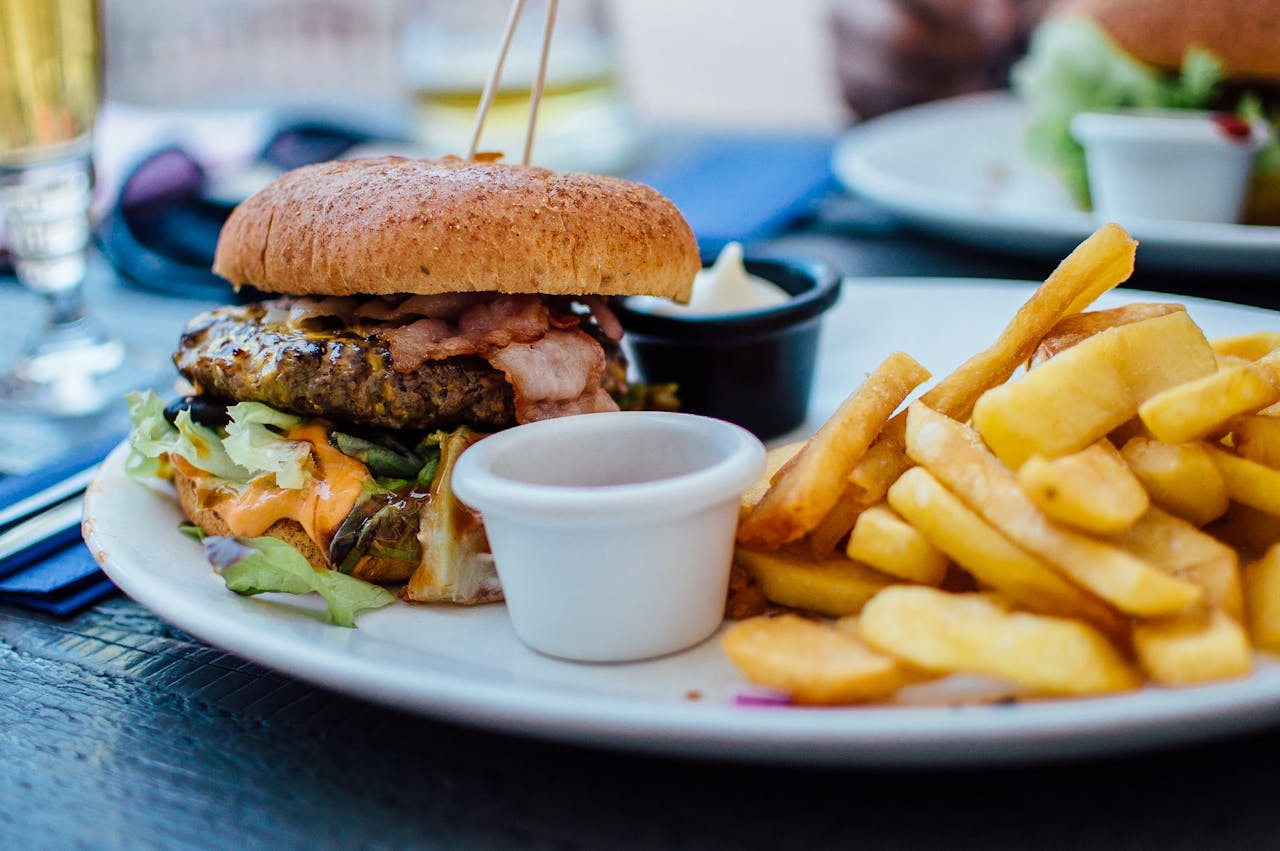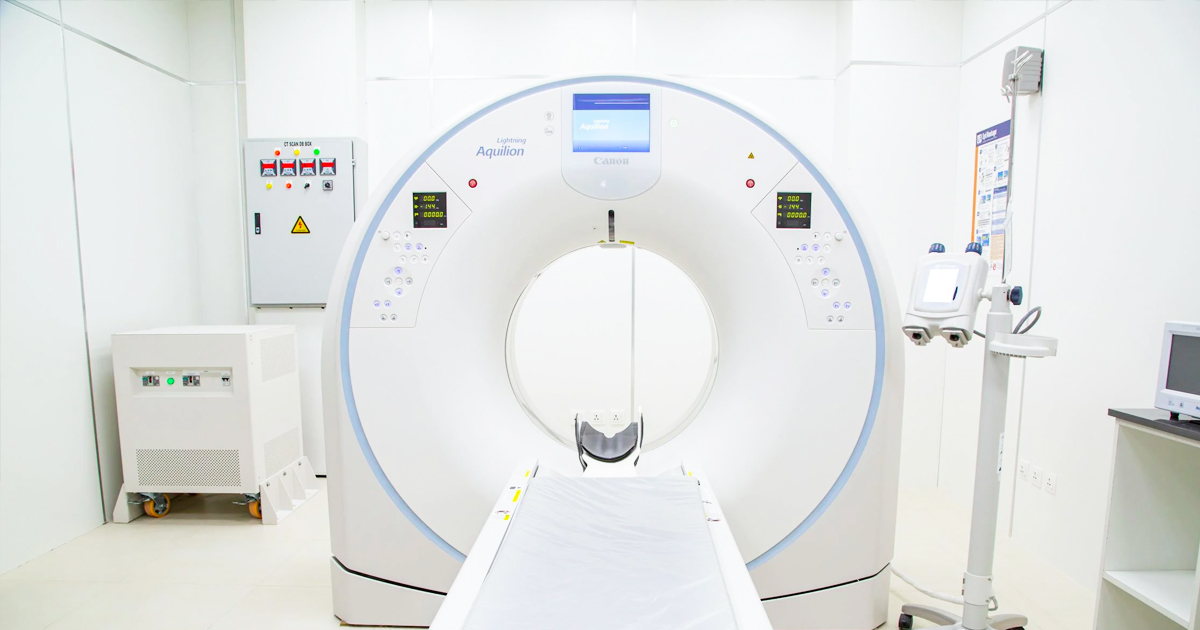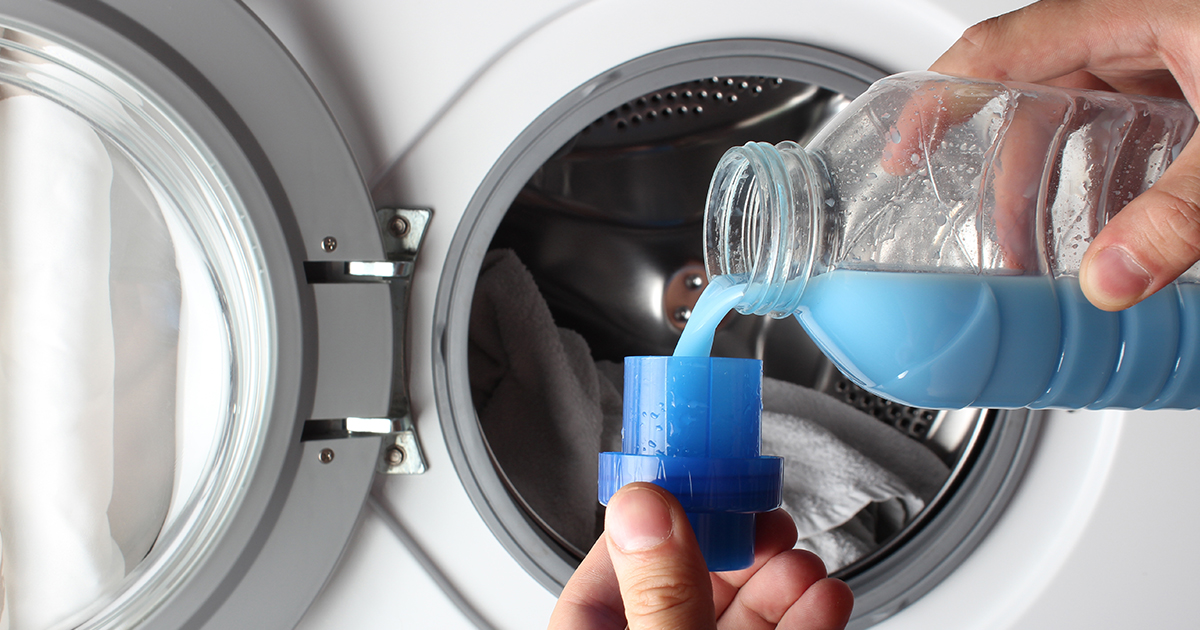Preventing a stroke begins with you
Strokes, known as brain attacks, cause serious damage by disrupting blood flow to the brain. Though scary, there are ways to prevent them through lifestyle changes and avoiding behaviors that increase risk factors. Here's what stroke doctors recommend.
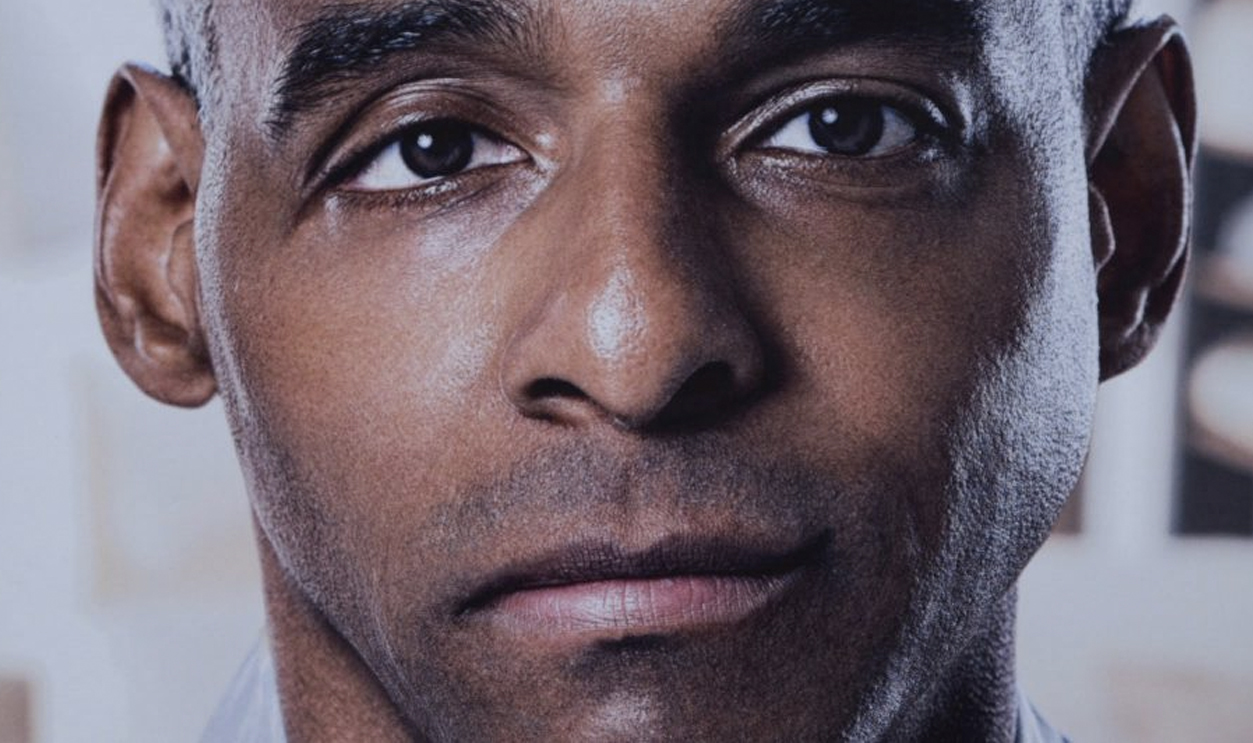
Ignoring high blood pressure
Having high blood pressure greatly increases your chances of having a stroke. If it's not managed properly, it can damage the blood vessels in your brain, which makes a stroke more likely to happen. That's why stroke experts always stress the importance of frequently checking your blood pressure and faithfully taking the medicines that your doctor recommended to keep your blood pressure at a safe level.
Smoking and tobacco use
Smoking greatly heightens the chance of having a stroke because it harms your blood vessels and encourages fatty substances to collect in your arteries (a condition known as atherosclerosis). Stroke specialists strongly recommend quitting smoking and steering clear of secondhand smoke to lower this threat.
Excessive drinking
Drinking a lot can raise your blood pressure and cause your heart to beat unevenly. Both of these issues can increase your risk of having a stroke. Experts on strokes advise either drinking in moderation or not drinking it at all to protect the health of your heart and blood vessels.
Living sedentarily
Not moving around enough can lead to lots of health issues like getting too heavy, blood sugar problems, and high blood pressure. These things all make it more likely that you'll have a stroke. However, if you get active regularly, like going for a quick walk or doing aerobic workouts, it's really good for your heart and it lowers the risk of getting a stroke.
 LinkedIn Sales Navigator, Pexels
LinkedIn Sales Navigator, Pexels
Ignoring TIA symptoms
TIAs, also known as transient ischemic attacks, are short instances when the blood supply to your brain is briefly cut off. These are usually seen as red flags for a future stroke. If signs like sudden weakness, vision alterations, or troubles in speaking are overlooked, chances to prevent the stroke might be missed. Hence, it's really important to get medical help quickly after a TIA to lower your risk of having a stroke.
Ineffective diabetes management
Diabetes can harm your blood vessels and raise your risk of having a stroke, particularly if your blood sugar isn't well managed over time. Doctors who specialize in strokes emphasize that managing your diabetes with medication, a good diet, and regular check-ups is crucial to reduce these risks.
Disregarding sleep apnea
Sleep apnea, where you stop breathing in your sleep, is connected to high blood pressure and heart conditions that can make you more likely to have a stroke. Going to your doctor to get diagnosed and treated, like with continuous positive airway pressure (CPAP) therapy, can really help to lower these risks.
Overlooking atrial fibrillation
AFib is an uneven heartbeat that might cause blood clots to form in the heart. These clots can then move to the brain, potentially causing a stroke. Doctors who focus on strokes stress the need to watch and control AFib through medicine or treatments to lessen the chance of clots and stroke.
Delaying medical treatment
If you have a stroke, time is critical. Waiting to get emergency help can lessen how well treatments work to limit brain injury and boost recovery. It's essential to know the signs of a stroke - like sudden numbness or weakness, trouble with speech, or an intense headache—and get medical help right away.
Neglecting regular medical check-ups
Keeping up with your regular doctor visits helps medical professionals keep an eye on and control things like high blood pressure, cholesterol levels, and diabetes. Catching and dealing with these issues in the early stages can stop strokes from happening.
Poor stress management
Long-term stress can lead to high blood pressure and unhealthy habits like eating too much or drinking a lot of alcohol - these can all raise your risk of having a stroke. Experts in stroke prevention suggest ways to lower stress, such as meditating, doing yoga, or chatting with a counselor.
Excess weight gain
Having too much weight or obesity often goes hand in hand with several stroke risk factors like high blood pressure, diabetes, and interrupted sleep due to breathing difficulty. To lower your stroke risk, it's essential to keep a healthy weight by eating a well-rounded diet and exercising regularly.
Not following prescriptions
Not taking your prescribed medication for issues like high blood pressure or diabetes can raise your risk of having a stroke. Doctors who specialize in strokes stress how crucial it is to take your medication as they have instructed. Always talk to your healthcare professional if you have any worries or if you're experiencing any side effects.
 Amnaj Khetsamtip, Shutterstock
Amnaj Khetsamtip, Shutterstock
Not wearing seatbelts or helmets
Accidental injuries, like the ones from car crashes or slip-ups, may cause a traumatic brain injury (TBI), which then boosts the chance of getting a stroke. Wearing seatbelts in cars and helmets while biking or skating can lower the risk of getting a TBI.
Illicit drug use
Taking drugs can raise your blood pressure and make your heart beat out of sync, which ups your chances of having a stroke. Stroke experts suggest staying away from illicit drugs and getting help if you're struggling with addiction.
Overuse of painkillers
Taking over-the-counter pain relievers, such as ibuprofen or aspirin, regularly could increase the chance of having a stroke, especially when taken at high doses or for a long time. It's suggested to follow the instructions on these medicines and talk to your doctor about other options.
Ignoring infections
Infections like pneumonia or bladder infections can up your body's inflammation, which might lead to strokes, especially in people already at risk. Keeping clean, getting your shots when you should, and quickly addressing infections can help a lot in preventing this.
Drinking lots of soda
Drinking a lot of sugary drinks can lead to health issues like obesity, diabetes, and metabolic syndrome, all of which make strokes more likely. Opting for water or drinks without added sugar can support your health and lessen the chance of having a stroke.
Ignoring family history
Having a family history of stroke or certain inherited tendencies can affect your own risk. Doctors specializing in strokes suggest talking about your family's health history with your healthcare team, and thinking about getting genetic testing when it makes sense. This can help measure and handle stroke risk more efficiently.
Bad diet choices
Eating lots of saturated fats, cholesterol, and sodium can lead to serious health conditions like obesity, high blood pressure, and diabetes. These are all things that can increase your risk of having a stroke. Doctors who specialize in strokes recommend eating a well-rounded diet. This should include plenty of fruits, veggies, whole grains, and lean proteins to help keep your body healthy and decrease your chances of a stroke.

